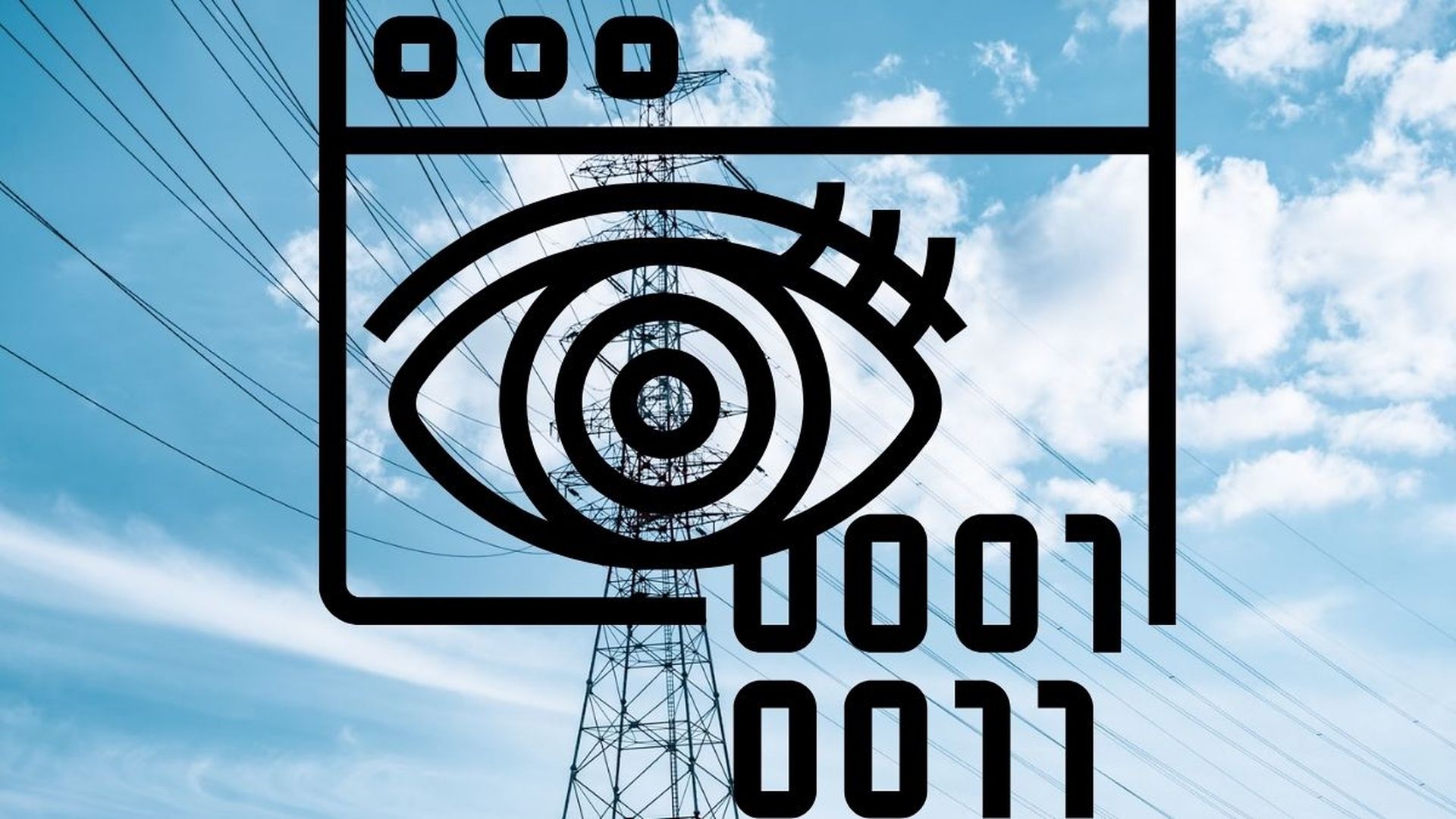The recent revelation of a Chinese hackers cyber attack, highlighted by FBI Director Christopher Wray, has thrust U.S. Want to learn FBI’s concerns, counteraction efforts, the suspect—Volt Typhoon, and the imperative for collective defense? We explained everything known about the alleged Chinese hackers cyber attack.
Chinese hackers cyber attack: 6 things you need to know
According to FBI Director Christopher Wray, the Chinese hackers cyber attack represents a significant and multifaceted threat to U.S. national security. Here are the key aspects of this cyber attack:
- Targeted sectors: The hackers are focusing their efforts on critical U.S. infrastructure. This includes water treatment plants, the electric grid, oil and natural gas pipelines, and transportation hubs. By targeting these vital sectors, the hackers aim to cause “real-world harm” and potentially disrupt essential services for Americans.

- State-sponsored operations: Wray emphasized that these cyber operations are state-sponsored, indicating a coordinated effort by the Chinese government to infiltrate and compromise U.S. systems.
- Civilian infrastructure vulnerability: Unlike traditional cyber threats that primarily target political and military entities, these hackers strategically position themselves across civilian infrastructure.
- FBI’s concerns: FBI Director Wray has consistently highlighted China’s broader efforts to undermine the U.S. through espionage campaigns, intellectual property theft, and cyberattacks. The analogy used by Wray, comparing the situation to placing bombs on American infrastructure in cyberspace, underscores the gravity of the threat and the potential for widespread damage.
- Counteraction and disruption: The U.S. government, in response to these cyber threats, has launched a significant operation. The Justice Department and FBI have been granted legal authorization to disrupt aspects of the alleged Chinese hackers cyber attack.
- The suspect: The hacking group at the center of recent activities is known as Volt Typhoon. Intelligence officials believe it is part of a larger effort to compromise Western critical infrastructure. The group’s tactics, such as taking control of vulnerable digital devices worldwide to hide downstream attacks into more sensitive targets, exemplify the sophisticated methods employed by state-sponsored hackers.
In conclusion, the alleged Chinese hackers cyber attack represents a complex and evolving threat that requires a concerted effort to safeguard critical infrastructure, uphold national security, and navigate the intricate landscape of international cyber relations.
What does “real world” harm mean?
Hacking critical infrastructure, encompassing water treatment plants, the electric grid, oil and gas pipelines, and transportation hubs, can have dire consequences. Disruptions may lead to compromised water supply, widespread power outages, environmental hazards, transportation chaos, and a significant economic impact.

Beyond immediate effects, there are risks to national security and public safety and long-term consequences such as a loss of public trust and increased cybersecurity regulations. Successful attacks may encourage further cyber threats, contributing to a deterioration of overall cybersecurity and potentially escalating geopolitical tensions on the global stage. Safeguarding critical infrastructure is imperative for public well-being, economic stability, and national security.
What is Volt Typhoon?
Volt Typhoon is a Chinese hacking group that has garnered attention for its alleged involvement in cyber-espionage activities, particularly targeting Western critical infrastructure. The group, subjected to a recent U.S. government operation, has raised concerns due to its potential impact on global cybersecurity and geopolitical tensions.

Operating stealthily, Volt Typhoon utilizes botnets, controlling vulnerable devices worldwide to disguise downstream attacks on sensitive targets. Despite mounting evidence, China denies any involvement, and experts suggest the group’s interest in operational security aims to evade public scrutiny. The focus on disrupting critical infrastructure has broader implications for international cybersecurity and stability.
Featured image credit: Scott Rodgerson/Unsplash





